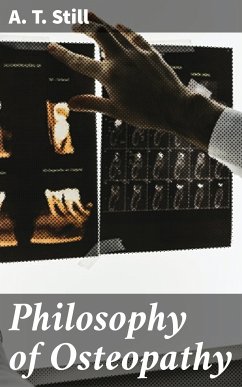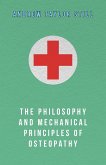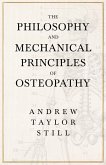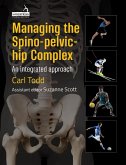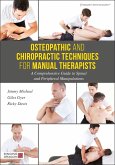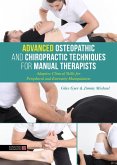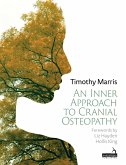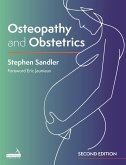In "Philosophy of Osteopathy," A. T. Still presents a groundbreaking treatise that melds scientific inquiry with holistic health principles, offering a compelling foundation for osteopathic medicine. Written in a clear, engaging style, Still's work critically examines the interplay between the body'Äôs structure and its function, advocating for a patient-centered approach to healthcare. The book is set against the backdrop of the late 19th century'Äîa time marked by emerging alternative medical practices'Äîin which Still articulates a philosophy that challenges traditional medical paradigms while asserting the importance of the body's innate healing capabilities. A. T. Still, often referred to as the father of osteopathy, was profoundly influenced by his experiences with conventional medicine and personal loss, serving as a catalyst for his unconventional thinking. His dedication to seeking alternative ways to promote health, devoid of reliance on pharmaceuticals, stems from both professional rigor and personal conviction, which is reflective in his visionary yet practical philosophy. This context enhances the reader's understanding of his intent: to envisage a medical landscape wherein the body is an interconnected system meriting a holistic approach. This seminal work is a must-read for healthcare professionals, students of medicine, and anyone interested in the intersections of philosophy and medicine. Still's thoughtful approach not only enriches one's understanding of osteopathy but also encourages the adoption of holistic practices in contemporary healthcare, making it invaluable for those seeking to expand their knowledge of the medical sciences.
Dieser Download kann aus rechtlichen Gründen nur mit Rechnungsadresse in A, B, BG, CY, CZ, D, DK, EW, E, FIN, F, GR, H, IRL, I, LT, L, LR, M, NL, PL, P, R, S, SLO, SK ausgeliefert werden.

